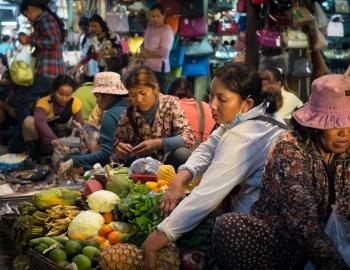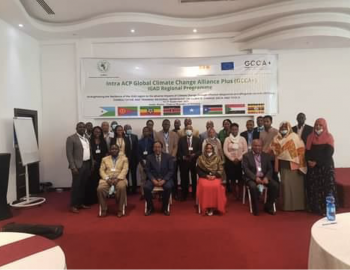REPORT: Lessons from REDD+ for achieving water, energy and food security in Indonesia
REPORT: Lessons from REDD+ for achieving water, energy and food security in Indonesia
Indonesia has already made notable strides to develop climate mitigation strategies that ensure the protection of its forests, notably through its high-level support for efforts to reduce emissions from deforestation and forest degradation (REDD+) since 2007.
As one of its original proponents, Indonesia was one of the first countries to recognise that efforts to address the drivers of deforestation would require an assessment of the many environmental, social, political and economic factors that drive land use change, and would necessitate a number of trade-offs between different land-based sectors. An assessment of the challenges faced and tackled during the design and implementation of REDD+ in Indonesia is therefore instructive when analysing the potential pathways through which Indonesia could decouple itself from a business-as-usual development model and move towards coherent water, energy and food policies that support sustainable natural resource management, as set out in its INDC.
This report seeks to assess the extent to which (1) REDD+ objectives have been integrated into national development planning and (2) legal, regulatory and institutional reforms under the development of REDD+ have facilitated the improved governance of land-based sectors.



